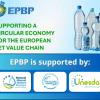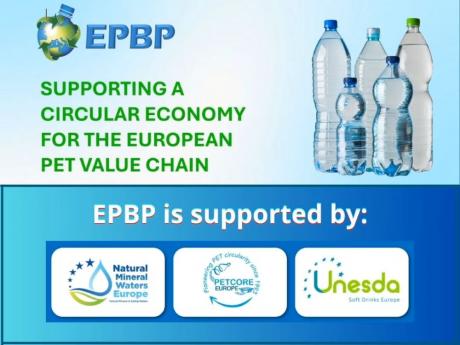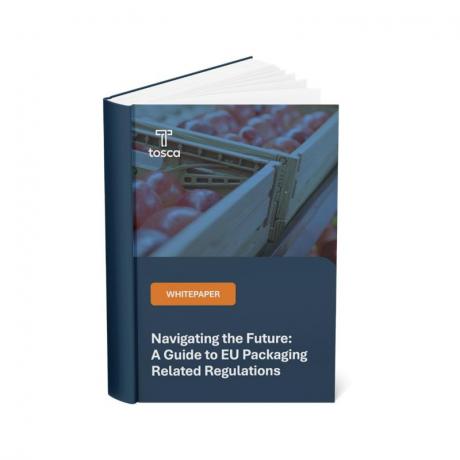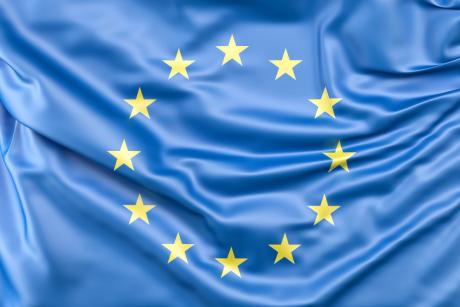The new Packaging and Packaging Waste Regulation (PPWR) represents a crucial step towards achieving the goals of the European Green Deal.
GreenDot welcomes the confirmation of the new European Commission and the formal adoption of the Packaging and Packaging Waste Regulation by the European Parliament on 27th November 2024. This German-based global company has been investing in various plastic recycling processes for many years and will continue to expand these activities in the coming years.
We are convinced that the circular economy is not only ecologically sensible but also offers economic opportunities and greater independence for critical materials. Plastic recycling is one of the key technologies for recovering and locally reusing valuable raw materials from waste, while simultaneously reducing critical environmental pollution, including CO2 emissions,
said Laurent Auguste, CEO of the GreenDot Group.
It is a positive sign that, almost simultaneously, the European Parliament has finally adopted the PPWR. For the first time, the new regulation introduces mandatory quotas for the use of recycled materials in plastic packaging.
This is an essential measure to provide the necessary support to the market for plastic recyclates and to send a signal to investors, which will lead to the investments required to significantly increase recycling capacities,
Auguste added.
While mechanical recycling relies on established processes that need to be scaled up and enhanced to enable more packaging-to-packaging recycling in the coming years, chemical recycling offers innovative approaches to process plastic waste that cannot be recycled by conventional methods. Through chemical processes, these materials can be broken down into their original monomers and reintegrated into the production process. This not only helps reduce waste but also decreases the need for virgin raw materials and reduces CO2 emissions.
We call on the European Commission to create a clear framework and incentives for both mechanical and chemical recycling, so as to encourage investment in the new infrastructures required,
Auguste concluded.
GreenDot is committed to actively collaborating with the new European Commission to turn the circular economy of plastics into a large-scale reality, contributing to a sustainable future for the planet and a competitive future for industry.









